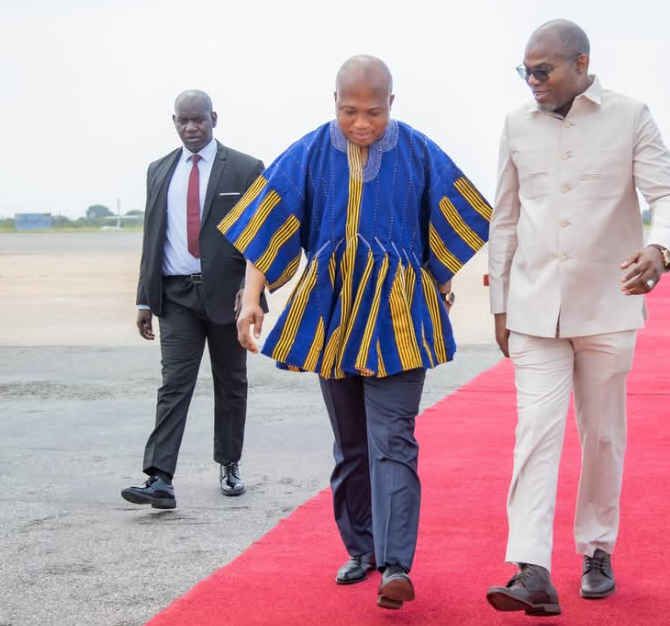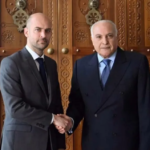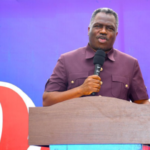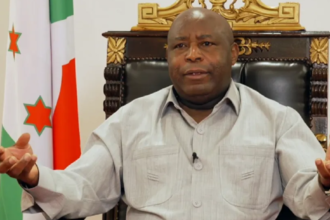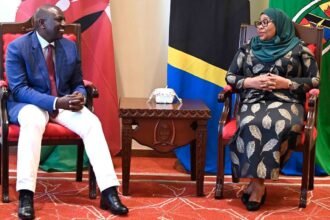By Sara Camara
Accra, Ghana –Leaders from across West Africa have begun arriving in Accra, Ghana, for the historic launch of ECOWAS@50, marking the 50th anniversary of the Economic Community of West African States (ECOWAS). The grand celebration, scheduled for Tuesday, will be accompanied by a special summit focused on the future of regional integration in West Africa and the broader landscape of multilateralism.
Among the first dignitaries to arrive was Mr. Muhammed B. S. Jallow, Vice President of The Gambia, who was greeted at Kotoka International Airport by Ghana’s Minister of Foreign Affairs, Mr. Samuel Okudzeto Ablakwa. Minister Ablakwa reiterated Ghana’s unwavering commitment to fostering regional unity and progress, stating that the nation is “ready, as always, to make the region proud.”
The ECOWAS@50 launch event promises a vibrant celebration of the organization’s history and accomplishments. Key highlights include the unveiling of the official Golden Jubilee logo and theme, as well as captivating artistic performances showcasing the evolution of ECOWAS.
Following the launch, a year-long series of celebratory events will be held across all Member States, a recommendation put forth by the ECOWAS Conference of Heads of State and Government. The comprehensive program of activities was meticulously validated during a virtual meeting of the ECOWAS Administrative and Financial Committee in February 2025.
Established on May 28, 1975, in Lagos, Nigeria, ECOWAS was founded with the core mission of fostering economic integration and promoting collective self-sufficiency among its Member States. Initially comprised of 15 West African nations, Cabo Verde joined in 1977. While Mauritania withdrew in 2000, it signed an association agreement in 2017. In January 2025, Burkina Faso, Mali, and Niger exited the organization.
Presently, the community boasts a membership of eleven nations: Benin, Cabo Verde, Côte d’Ivoire, The Gambia, Ghana, Guinea-Bissau, Liberia, Nigeria, Sierra Leone, Senegal, and Togo.
Recognized as a crucial pillar of the African Economic Community, ECOWAS actively encourages unified economic cooperation across diverse sectors including transport, energy, agriculture, and trade. The bloc’s combined regional Gross Domestic Product stands at an impressive $734.8 billion.
In a strategic move to enhance leadership and strategic direction, the ECOWAS Secretariat transitioned into a Commission in 2007. This Commission is led by a President, Vice-President, five Commissioners, and an Auditor General.
ECOWAS is primarily funded by a 0.5% Community tax levied on imports from non-Member States. The organization diligently implements strategic programs aimed at deepening integration, eliminating trade barriers, and ultimately realizing its ambitious 2050 vision of transforming from an “ECOWAS of States” to an “ECOWAS of Peoples,” ensuring peace and prosperity for all its citizens.


